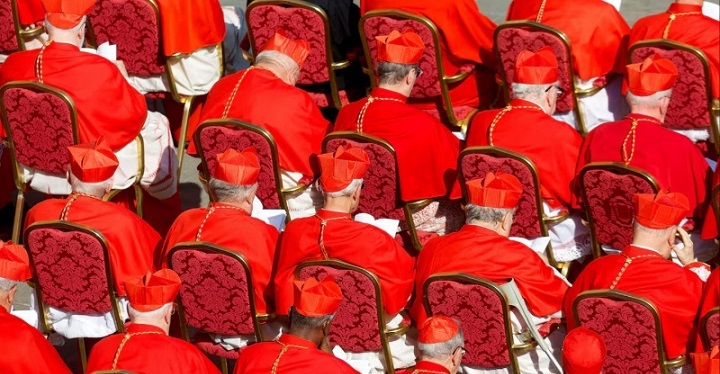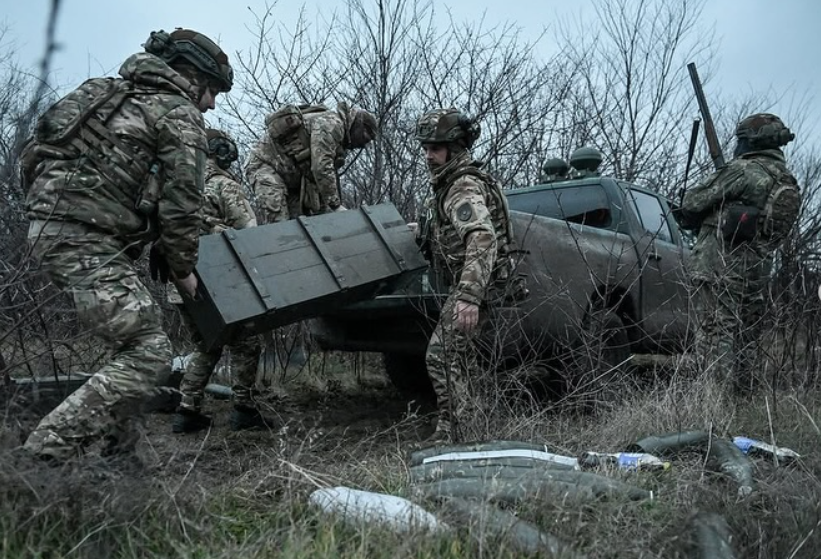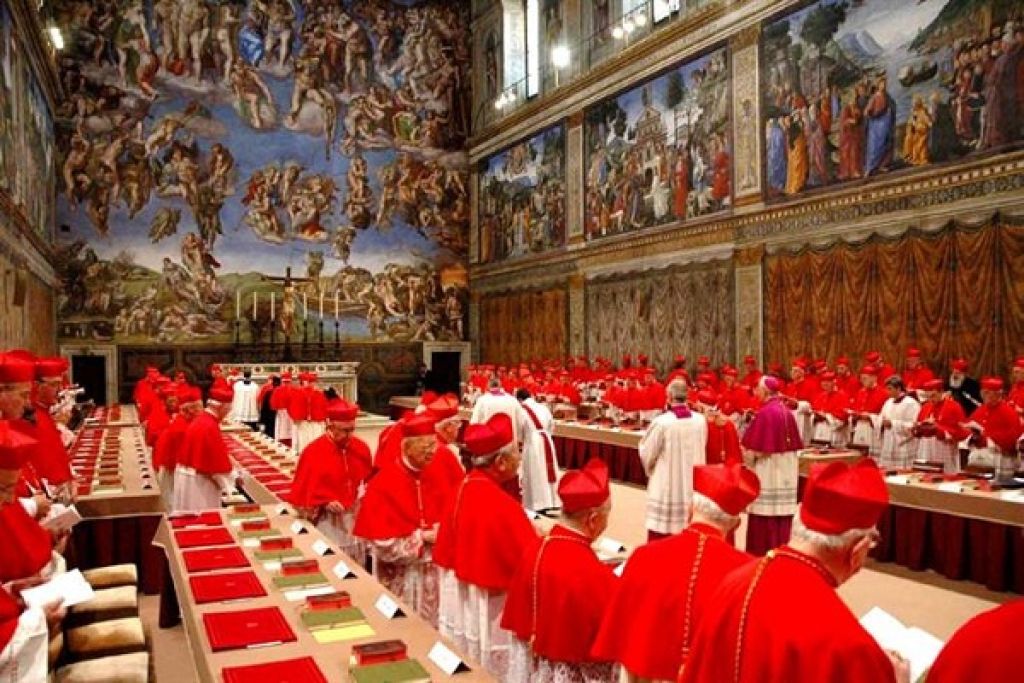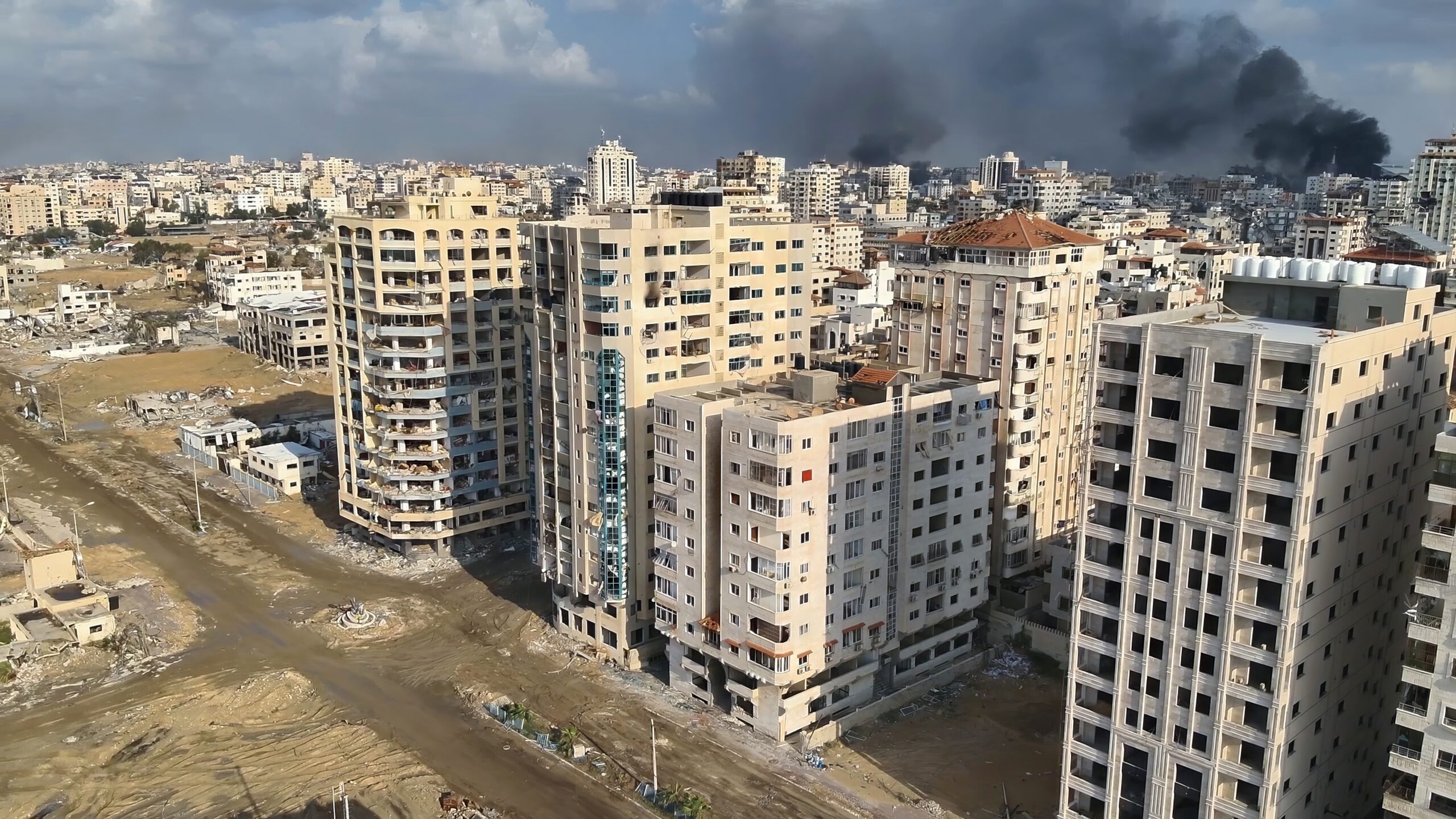[ad_1]
KINSHASA (Reuters) – The United States strongly supports an African military force to combat extremist militants in the Sahel region, but needs to see a strategy for the operation before it considers funding, the U.S. envoy to the United Nations and the U.S. Africa commander said.
Washington is wary, however, of the 193-member United Nations funding the force – to be made up of troops from Mali, Burkina Faso, Niger, Chad and Mauritania – according to Ambassador Nikki Haley and General Thomas Waldhauser.
The United States currently funds more than a quarter of the $7.3 billion U.N. peacekeeping budget.
Haley said Washington wanted to know “what the strategy would be, how they see this playing out, what’s involved in it before we ever commit to U.N.-assessed funding.”
“Show us something, we’re open to it, we’re not saying no, but what we’re saying right now (is) there literally has been no information that has been given that gives us comfort that they know exactly how this is going to play out,” Haley told reporters on Friday.
The rise of jihadist groups – some linked to al Qaeda and Islamic State – in the arid Sahel has alarmed Western powers like France, which has deployed thousands of troops to the region in response.
The United States has also been targeting Islamic State in Libya and al-Shabaab in Somalia.
UNDER A MICROSCOPE
But U.S. involvement in counter-terrorism operations in Africa has been under the spotlight since four U.S. Special Forces troops were killed in an Oct. 4 ambush in Niger.
“In Africa with all the challenges of the youth bulge, poverty, the lack of governance, wide open spaces, these are areas where violent extremist organizations, like ISIS or like al Qaeda, thrive,” said Waldhauser, who oversees U.S. troops deployed in Africa.
He was speaking to a small group of reporters traveling with Haley on her first African tour as U.S. envoy to the United Nations, visiting Ethiopia, South Sudan and the Democratic Republic of Congo.
“United Nations forces don’t do counterterrorism, they do peacekeeping operations,” Waldhauser added, reflecting U.S. unease at the United Nations funding the prospective force.
The African counter-terrorism force, known as the G5 Sahel, plans to launch its first joint operations in the coming days.
“One of the hardest things to do in an organization like that is to try to synchronize the efforts of those five countries and have a coherent strategy as opposed to just a series of engagements in different locations,” Waldhauser said.
FRANCE WARNS OF RISKS
The United States supported a French-drafted U.N. Security Council resolution in June to give political backing to the G5 Sahel force, but refused to back a formal U.N. mandate.
The 15-member council is due to discuss the force on Monday.
Haley said the United States would continue its bilateral support for the G5 countries, but when asked how much Washington was prepared to contribute to the G5 Sahel force, she said: “You will hear about that, coming soon.”
Waldhauser said the United States currently makes a total of $51 million in bilateral defense contributions to the G5 countries.
French Defense Minister Florence Parly said last week that the United States must step up support for the planned Sahel force or it could fail, leaving French troops to carry the burden. [nL8N1MV58Z]
A report to the Security Council by U.N. Secretary-General Antonio Guterres earlier this month said that the planned force budget of $490 million for the first year was only 25 percent funded.
Waldhauser said the G5 countries had discussed their planned counter-terrorism force with U.S. military officials in May at a U.S. organized defense conference in Germany.
“This is exactly what we want to have happen, we want partner nations who share the same overall strategic objectives that we do. We want to try to foster that type of behavior,” he said.
Reporting by Michelle Nichols; editing by Yara Bayoumy and G Crosse
[ad_2]
Source link






Leave a Reply